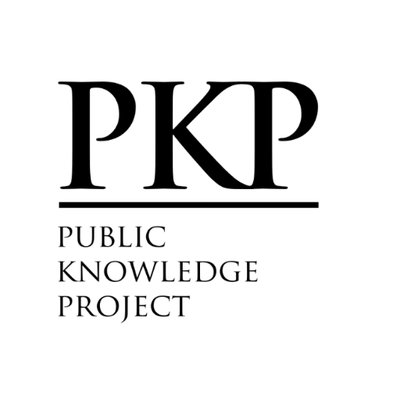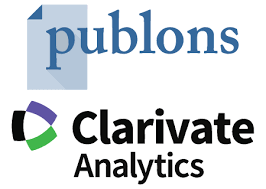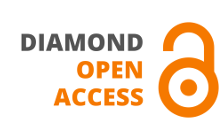Auditor compliance in Libya with the rules and ethics of the audit profession
Une étude analytique du point de vue des comptables et des auditeurs au bureau du Bureau d'audit de la région de Marsak
DOI:
https://doi.org/10.59051/joaf.v9i1.142Keywords:
ethics, Libya, auditorsAbstract
This study (in arabic language) aimed to identify the extent of compliance of external auditors with professional ethics and code of professional conduct in Marzque Strip, which regulate auditors’ behaviors and organize their relationship with clients and stakeholders.
In order to achieve the study objectives, the descriptive-analytical method was used due to its suitability for the study topic. A questionnaire was designed as a tool to collect data, this questionnaire was distributed to the study’s population, which consist of (20) auditors,
The results showed that: Auditors significantly adhere to the basic principles of ethical behavior, which include (integrity, objectivity, professional competence and due care, confidentiality and professional behavior). Religious, laws and regulations dramatically effect on the degree of auditors’ compliance with the code of professional conduct.
Downloads
References
International Ethics Standards Board for Accountants. (2013). Handbook of the Code of Ethics for Professional Accountants. New York: International Federation of Accountants (IFAC).
Downloads
Published
How to Cite
Issue
Section
License

This work is licensed under a Creative Commons Attribution-NonCommercial-NoDerivatives 4.0 International License.
Authors who publish with this journal agree to the following terms:
- Authors retain copyright and grant the journal right of first publication with the work simultaneously licensed under a Creative Commons Attribution License that allows others to share the work with an acknowledgement of the work's authorship and initial publication in this journal.
- Authors are able to enter into separate, additional contractual arrangements for the non-exclusive distribution of the journal's published version of the work (e.g., post it to an institutional repository or publish it in a book), with an acknowledgement of its initial publication in this journal.
- Authors are permitted and encouraged to post their work online (e.g., in institutional repositories or on their website) prior to and during the submission process, as it can lead to productive exchanges, as well as earlier and greater citation of published work (See The Effect of Open Access).






















